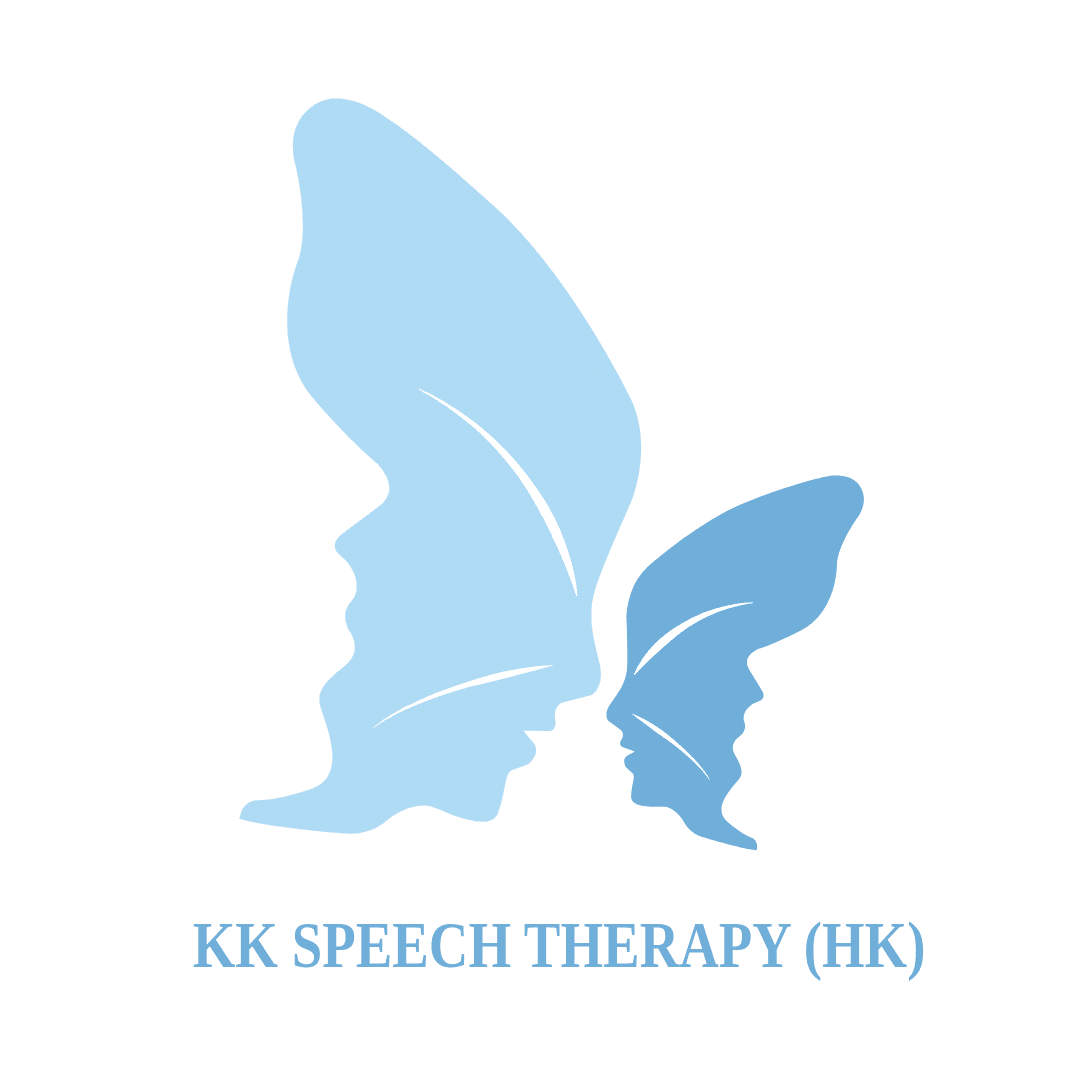What is Developmental Language Disorder (DLD)
Developmental Language Disorder (DLD) is a common yet easily overlooked neurodevelopmental condition affecting approximately 7% of children, characterized by persistent language difficulties. Children with Developmental Language Disorder (DLD) struggle with understanding and using language, which impacts their learning, social interactions, and daily communication. Unlike language delays associated with autism or hearing loss, DLD is a distinct disorder with its exact causes remaining unclear.
Causes of Developmental language disorder (DLD) and language delay
Current research suggests that DLD may be linked to the following factors:
- Genetic Factors
DLD has a hereditary component: children with a family history of language delays are more likely to be affected. Studies indicate that certain genes may influence brain development related to language processing. - Neurodevelopmental Differences
Children with DLD may have subtle differences in brain structure and function, particularly in areas responsible for language. These differences can affect how they process, understand and produce language. - Environmental factors
While DLD is not caused by parenting or environment, limited language exposure and lack of interactive communication can exacerbate language difficulties.
Important to note: While the exact causes of DLD can be multifaceted, it’s crucial to understand that this condition is neither the result of inadequate parenting nor an indicator of low intelligence. The most effective approach lies in early recognition and targeted intervention to support children’s language development.
How to identify developmental language disorder (DLD)?
Early recognition of DLD is vital for language development. If a child experiences difficulties in any of the following areas, further evaluation may be necessary.
-
- Toddler Stage (2-3 years old)
- Does not speak or only says a few words
- Struggles to understand simple instructions (e.g., “get the ball” or “come here”)
- Cannot combine words into simple sentences
- Preschool Stage (4-5 years old)
- Exhibits limited vocabulary compared to age-matched peers
- Persistent grammatical difficulties (e.g., verb conjugation or syntactic errors )
- Challenges in conversational reciprocity or question-response tasks
- Middle childhood stage (6 years old or above)
- Difficulty learning new vocabulary or remembering complex instructions
- Speech is often confusing and lacks clarity
- Language-related challenges in school, such as reading and writing difficulties
- Toddler Stage (2-3 years old)
Parent Tip: If your child exhibits signs of language or communication delay, early language assessment is strongly advised to facilitate early intervention. Delayed assessment may compromise the efficacy of therapeutic approaches during a child’s critical neurodevelopmental windows.
延伸閱讀:3歲未識說話或患言語障礙? 言語治療師教憑5大症狀判斷
Our Therapeutic Approach for DLD | Personalized Language Intervention Programs
We provide specialized, evidence-based interventions for children with DLD, targeting core language domains through structured and engaging therapy. Below are our therapeutic components:
- Receptive Language Training
- Systematic enhancement of lexical-semantic processing, syntactic comprehension, and discourse understanding via interactive play-based learning and contextualized scenario modeling to optimize engagement.
- Expressive Language Facilitation
- Systematic therapy addressing vocabulary acquisition, grammatical precision, and syntactic formulation to improve expressive communicative competence.
- Pragmatic Communication Development
- Social scripting and role-play exercises for conversational initiation, turn-taking, and nonverbal cue interpretation
- Parent-child collaborative learning
- We provide structured parent training protocols to optimize language enrichment in naturalistic environments to promote consistent language stimulation for child.
延伸閱讀:如何讓寶寶開口說話
Why KK Speech Therapy?
- Trilingual Therapy Services: Our speech therapists are all bilingual and are able to deliver therapy fluently in Cantonese, Mandarin, and English to meet the needs of diverse linguistic backgrounds with utmost professionalism.
- Experienced and Trusted Speech Therapy Team: Our team has extensive expertise, successfully supporting numerous adults in improving language and swallowing abilities.
- Personalized Treatment Plans: We design tailored intervention strategies based on each client’s unique needs and circumstances.
- Ongoing Progress Monitoring and Adjustments: We regularly assess treatment outcomes and adapt strategies to ensure therapeutic goals are met.
- Supportive Family Program: We empower family members to become the most effective supporters of stroke patients as well as effective advocates for their child’s language and social development.
